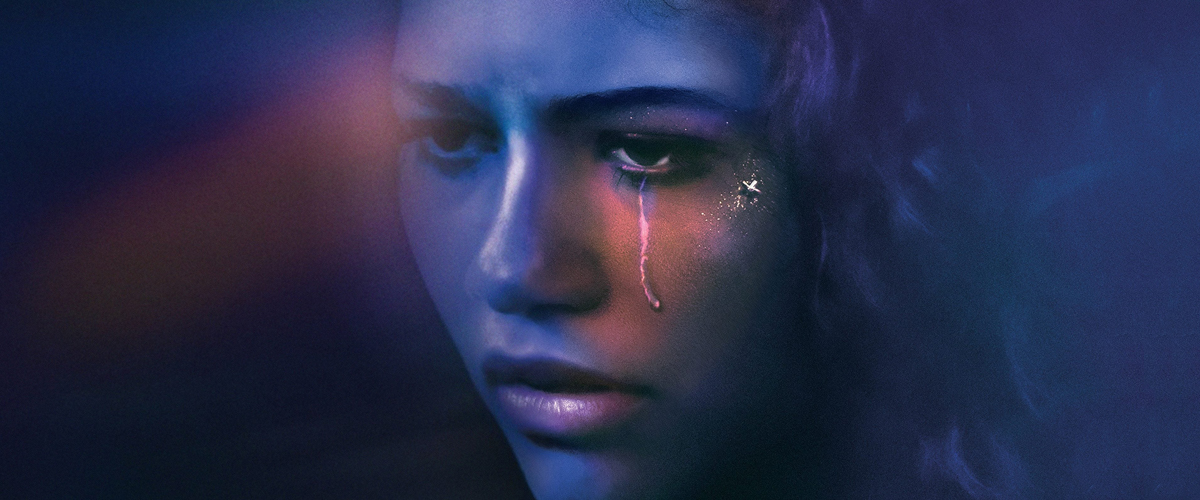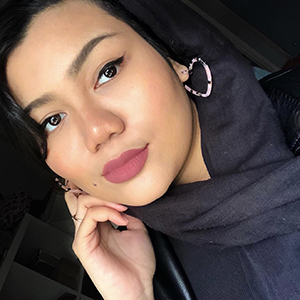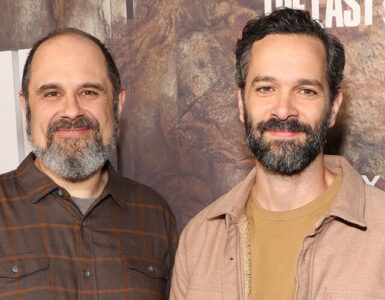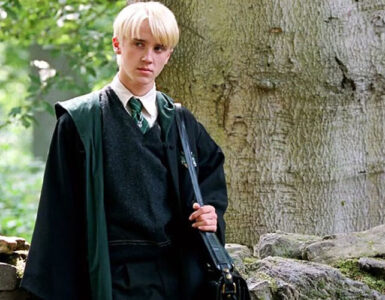My media consumption habits have evolved from when I was young, but they haven’t changed in recent years. These days, I wake up and the first thing that I look at is the tiny shiny screen that is my iPhone. As a kid, I’d wake up and run to the giant TV in my living room. It was my companion in the early mornings when my parents were off at work or going about their business. And when my mum started putting The Ellen DeGeneres Show on some evenings and said to me with disgust, “You know she’s gay?”, I haven’t loved the media more.
Whether Whatsapp Moms love to admit it or not, the media plays a huge positive influence on many individuals – especially when they’re learning about themselves and are looking for others that can relate. Ellen isn’t the best queer icon out there, but as a young girl, seeing an empowering representation of a queer individual that’s not secretly cheating on their spouses or dealing with a drug addiction meant the world. TV shows these days don’t shy away from discussing themes that normally wouldn’t make the cut – think sexual assault in The Handmaid’s Tale and racial politics in Watchmen. These TV shows have received glowing reviews from critics but teen dramas like Euphoria who discuss the same (and arguably even more), face harsher criticism despite being oh so popular amongst the younger age group.
But why is that so? And more importantly, why do we love it?
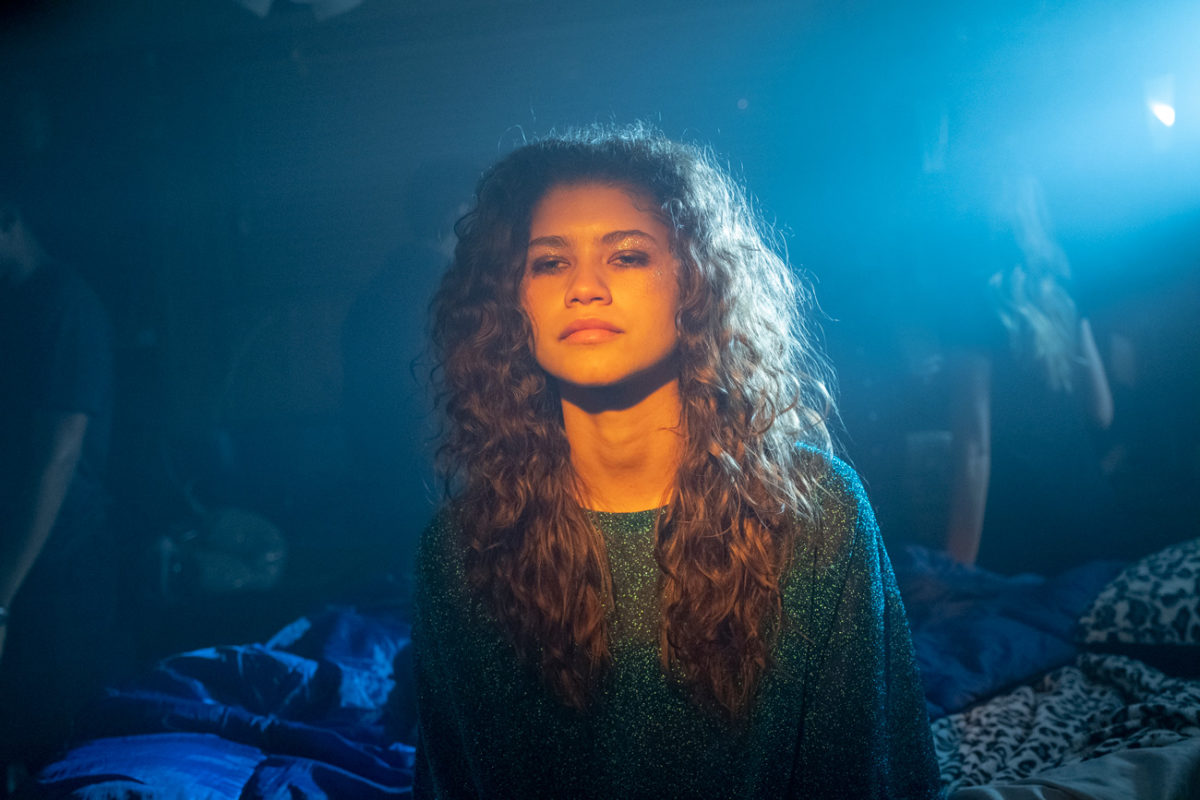
With a second season rumoured to come later this year, HBO’s Euphoria is proving to be one of the more popular teen drama series, without the usual love-sick schtick that permeates the genre. Starring Disney’s darling and Spider-Man star Zendaya, Euphoria explores teen-related issues in a bold, explicit and aesthetically-pleasing way.
When the show first aired in June 2019, the opening locker room scene triggered mass panic in many parents. The infamous scene saw one of the lead characters and jock, Nate Jacobs (Jacob Elrodi), get swarmed by an army of naked jocks. And just like Jacobs, viewers nervously attempted to avoid eye contact with the male genitalia flailing about in slow motion, but with 30 penises (that’s right 30) in your face, it’s definitely hard to miss. Whilst the scene was later revealed to be key in introducing Jacobs’ struggle with understanding his sexuality later on in the season, parents should otherwise be thankful that it was 30 penises and not 80, like it was initially planned for.
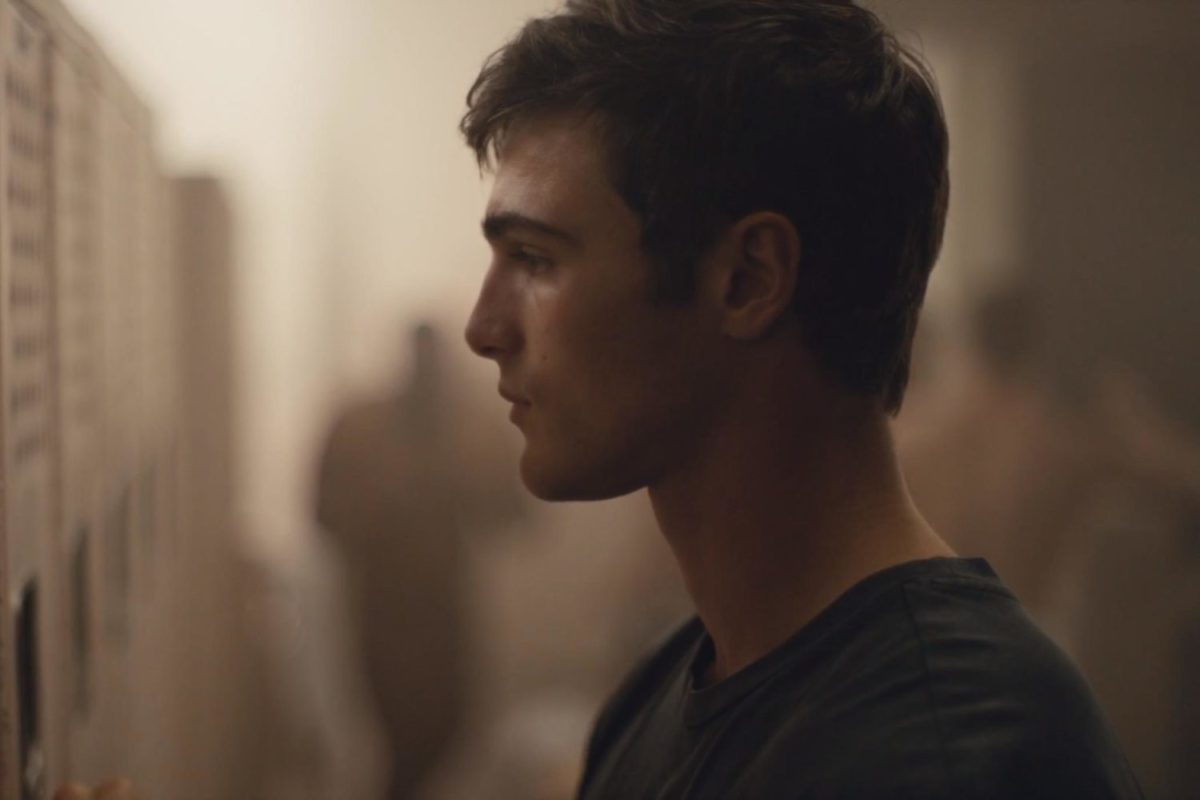
If that’s the only discussion point being brought up when mentioning Euphoria, you know for certain that the person you’re having a conversation with didn’t make it past the first episode.
The flailing of big, small, long, or short penises isn’t the only thing that causes alarm bells to go off. Euphoria goes much better than that. The 17 year old high schoolers in the show are depicted to struggle with mental illnesses, fall victim to sexual violence and are seen using and abusing drugs for shits and giggles. With a target audience steered towards teenagers, Euphoria seems to blur the lines between empowerment, teenage bravado and glorifying of all things problematic. The show is an interesting pick considering HBO’s audience base tends to trend more mature (read: old). Euphoria highlights the difference between a 17-year-old having safe, consensual sex and an underaged 17-year-old being raped in a hotel room, and whilst the difference may not be as apparent at first glance, it may just be the point of the series.
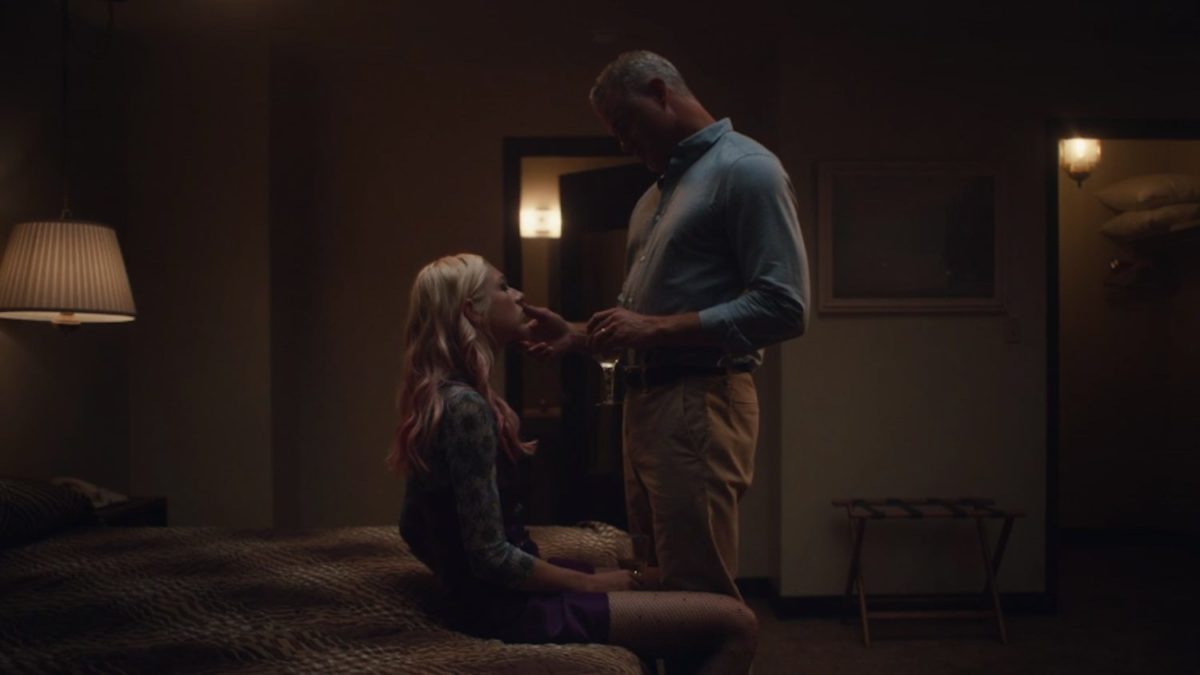
The show is racy and provocative and it’s meant to depict teenagerhood in this modern era in an authentic way. It’s full of love and excitement, but it is also troubling and dangerous.
“Whether people like it or not, it’s real,” explained Zendaya, who plays Rue Bennet. With Euphoria being largely based on the experiences of its creator, Sam Levinson, the 22 year old actress pointed out, “Just because it’s not happening to you, doesn’t mean it’s not happening all the time, every day.”
Maybe what bothers parents aren’t the themes of the show, but rather how Euphoria provides a lens into teen issues and teenhood in a way too real for parents with younglings to stomach.
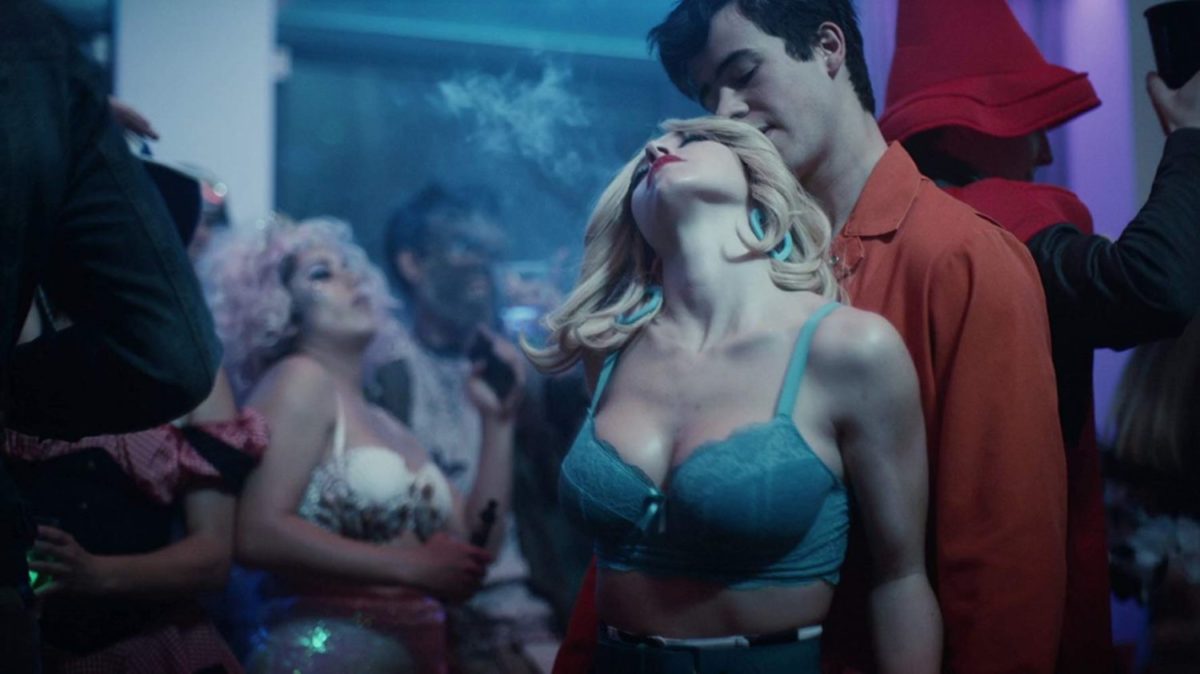
The idea of young 17-year-old girls sending nudes to their significant other, partying under the influence of molly and getting intimate with old married men is not what any parent wants for their child, but it is the reality of things of some teenagers – including myself. Gone were the days where I’d received “u up?” texts on Kik and have my mum scream at me every time she switches on the family tablet and finds unsolicited dick pics being sent to me.
I was a teen and for a while, I thought it was normal and okay for guys to send me pictures of their ding dong and sexualise my being because it meant I was desirable and attractive. Instead of sitting down with me and having a chat, my parents decided that the best thing to do was to confiscate all my devices, cut me off from the social world (both physical and digital) and enforcing religion on me. Isolating me from the problem didn’t address anything and confining me to our HDB flat in Tampines had severely impacted my mental health and sense of self-worth at the time. So maybe, Euphoria bringing light to these otherwise unspoken experiences might bring more good than harm.
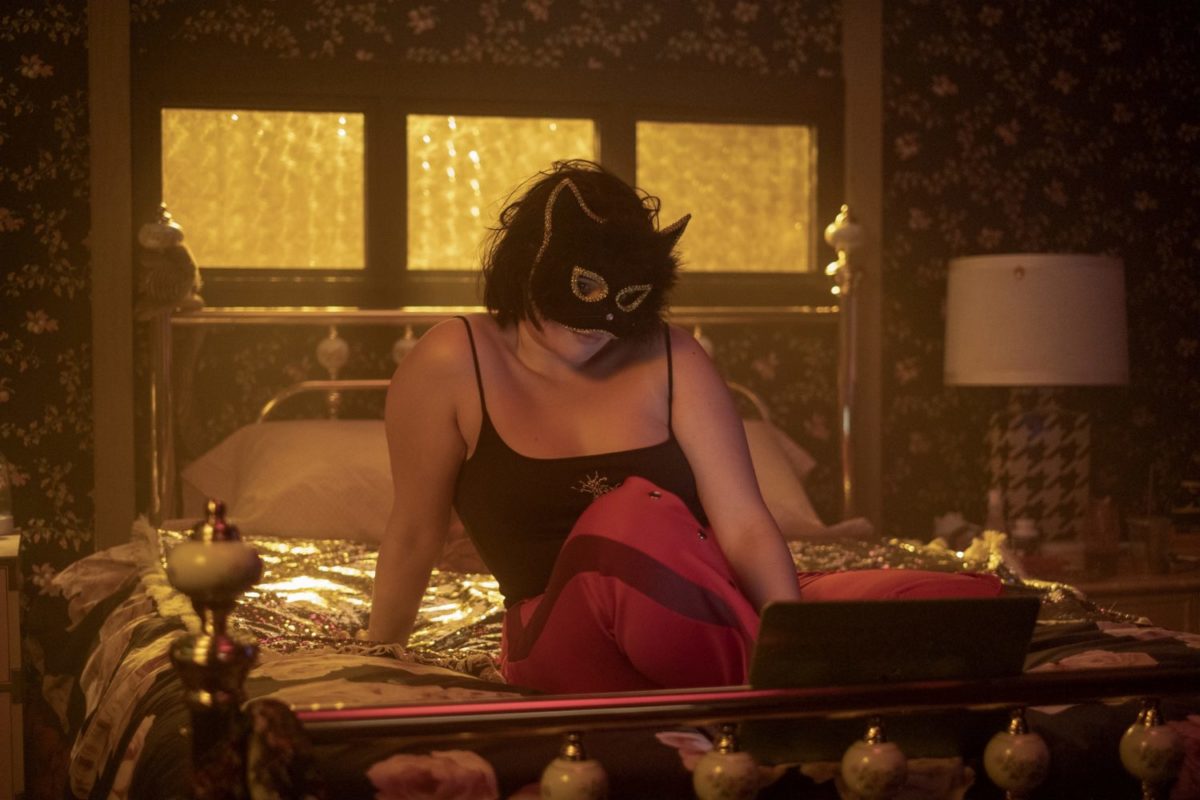
Considering that most folks are stuck indoors these days, parents may consider this as a good entry point in raising hard-to-discuss topics with their kids. Within appropriate boundaries, of course.
Putting teen issues at the front and centre addresses the need to pay attention to the lives of teenagers. On screen, Nate and Maddie (Alexa Demie) have been dating for all of high school, and whilst they may seem like your #couplegoals, their relationship sheds light on domestic violence and the vicious cycle of abuse. In one episode, Nate choked Maddie in a fight, leaving bruises on her neck. Maddie’s family pressed charges and the two were forced to be separated. The episode then delves into how staying with Nate is the wrong thing to do, but at the end of the one hour long episode, Nate had successfully won (read: manipulated) Maddie into getting back with him. Viewers might get frustrated and call Maddie all kinds of stupid, but this is exactly how abusive relationships work. And for some, these relationships do start as early as high school.
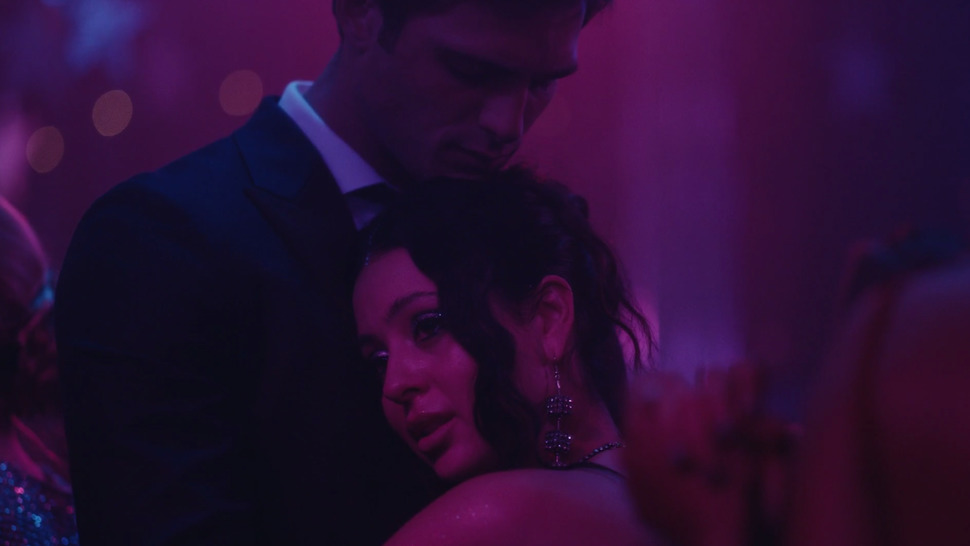
What sets apart Euphoria from other TV shows that share the same parameters, are their representation of trans folks. Sure, sex has been spoken about by alot of fan favourites like Netflix’s Sex Education and Skins. And queer identities have received an increasing amount of representation in shows like Glee, One Day At A Time and even Riverdale. But trans folks have been left invisible or have yet to receive a positive portrayal until Euphoria came along.
Euphoria’s portrayal of trans teen Jules Vaughn by fashion model and LGBT activist Hunter Schafer does so in ways that normalise her trans identity. Mentions of her transness only come up in passing, and the overall portrayal of Jules is simply as the new girl in town looking to make new friends. She goes through the same teenage bullshit such as dating, partying and family problems and carries a desirable aesthetic that mirrors that of editorial and high fashion looks. Jules is a breath of fresh air and is by far one of the best things to come out of Euphoria.
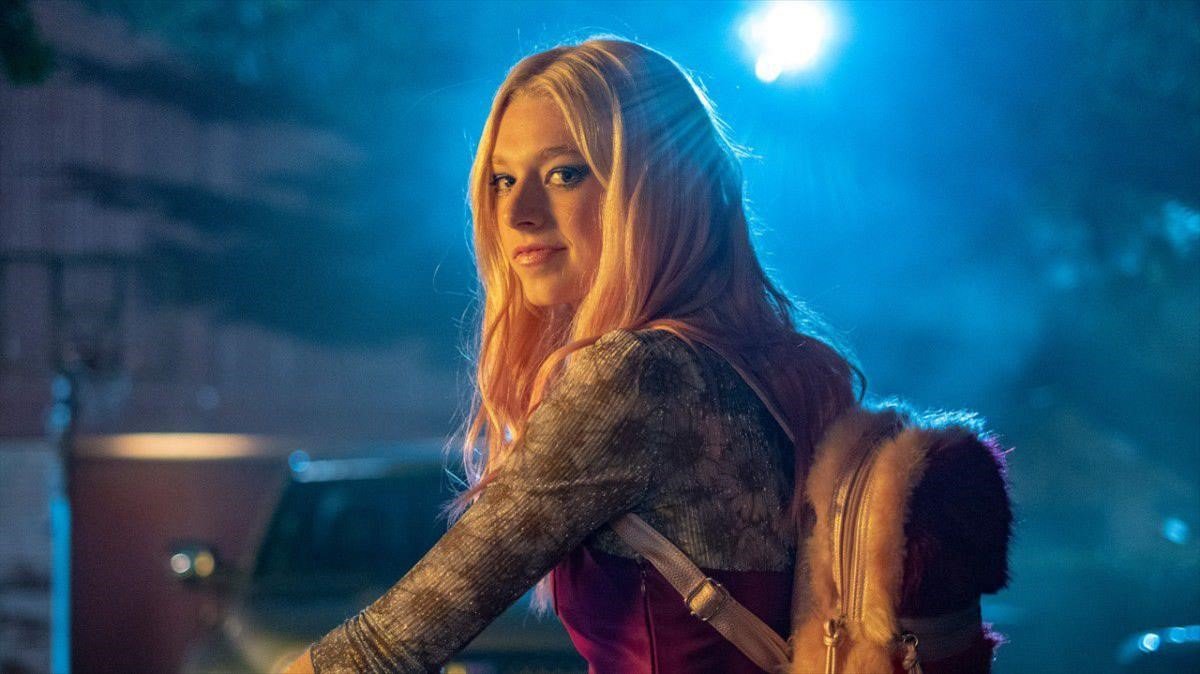
Teen shows these days are getting more and more bold, by openly discussing matters that wouldn’t have happened years ago. Teen shows in my years of growing up – sans the usual Hannah Montana and Wizards of Waverly Place – have touched upon sex, but none of them do it like recent shows like Euphoria and Sex Education. Sex was always something that came up during times of passion between two characters and whilst they happen to be high schoolers, the context of the show is not at all relatable or real, even.
Do teenagers have sex in fancy bars and expensive limousines like the Upper East Siders in Gossip Girl? No. Do we have to decide who to date between a pair of hot Vampiric brothers ala The Vampire Diaries? One wishes, but no. Sex Education deals around matters of sex – and regular teenage bullshit – with warmth and no judgement. I’ve spent years in my later teen years learning about the female orgasm and sexuality and understanding why no hunk of a man can ever get me off. Sex Education provided me answers via an episode or two.
And within those 6 years I spent dating and seeing various people, I’ve had to learn what consent was in the nastiest of ways and only began to see how 30 year-old men hitting on me when I was 15 was absolutely not okay as I got older. Euphoria would’ve taught me that, again in an episode or two.
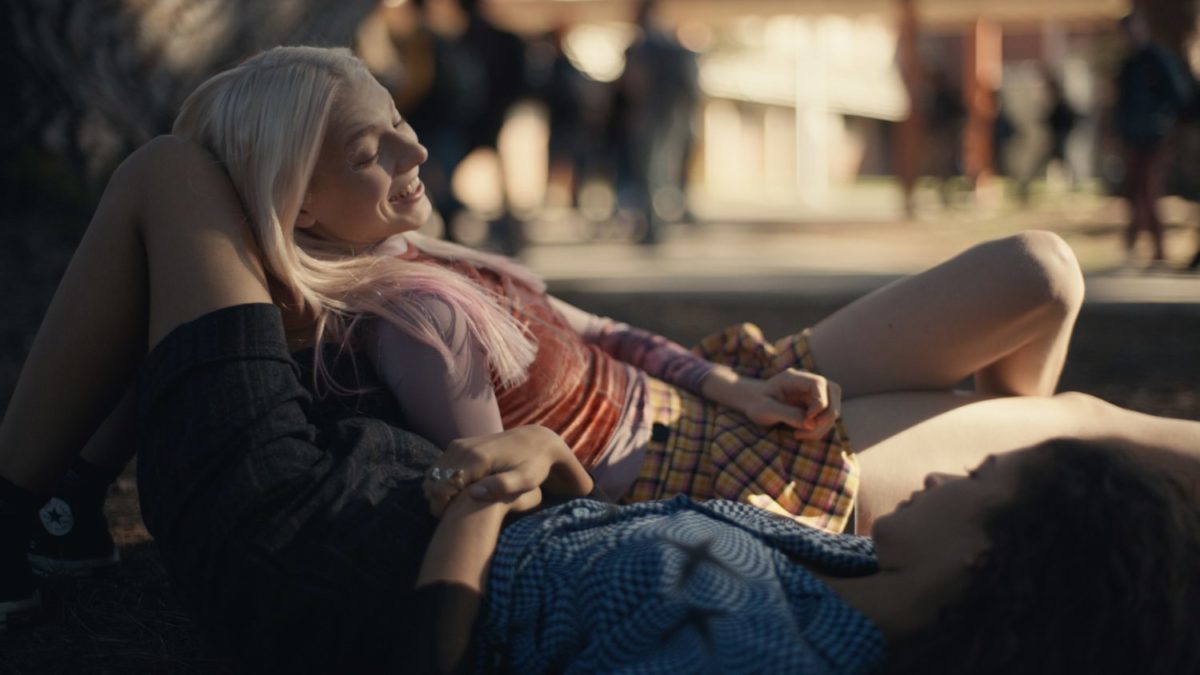
Despite being 23, I still watch teen shows like Chilling Adventures of Sabrina. I’ve even made my 54-year-old Dad a fan and we’d talk about themes discussed in the show. My dad took every opportunity to talk to me about the birds and the bees and homosexuality, but it’s safe to say it’s a bit too late now. Had teen shows like these existed in the past, I would’ve had these conversations earlier. And I wouldn’t have had to deal with a plethora of terrible situations on my own.
And that’s why Euphoria, despite its lack of censorship and screen full of penises, is important. It’s an intense and heavy emotional ride but it provides a sort of relation like no other teen drama. It’ll make your old man clutch his chest, and your mother shocked, but it’s honest, beautiful and a close portrayal of the life of a teen. Parents and teen viewers can choose to look at this in a positive and educative light, but if sex, drugs and 30 penises aren’t your cup of tea, no one can put this better than Rue Bennet.
“It’s 2019… Stop shaming us.”

